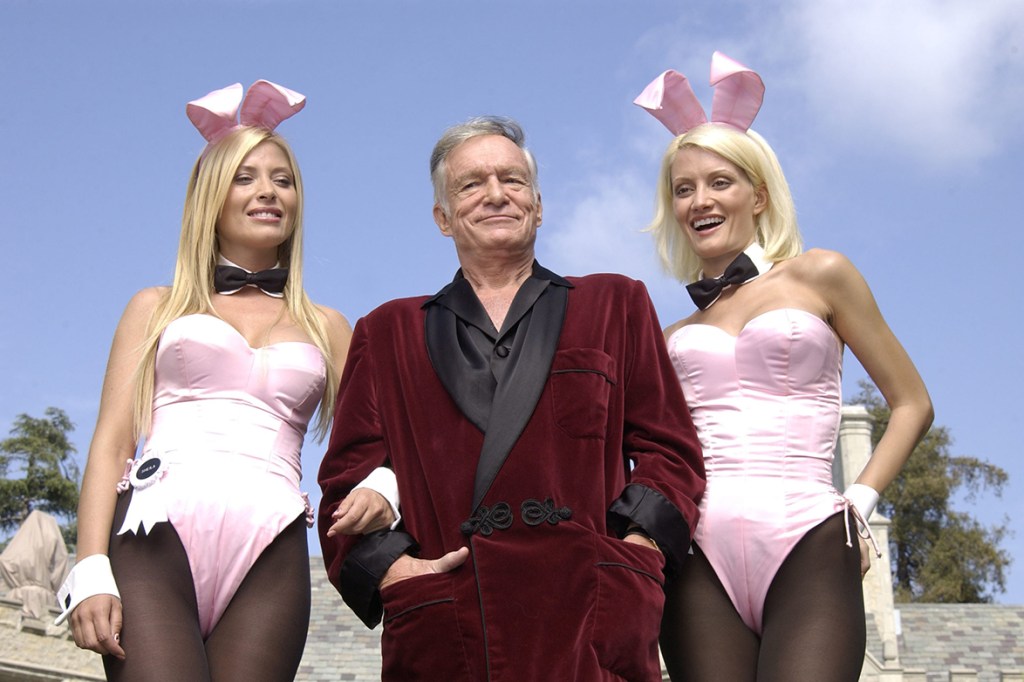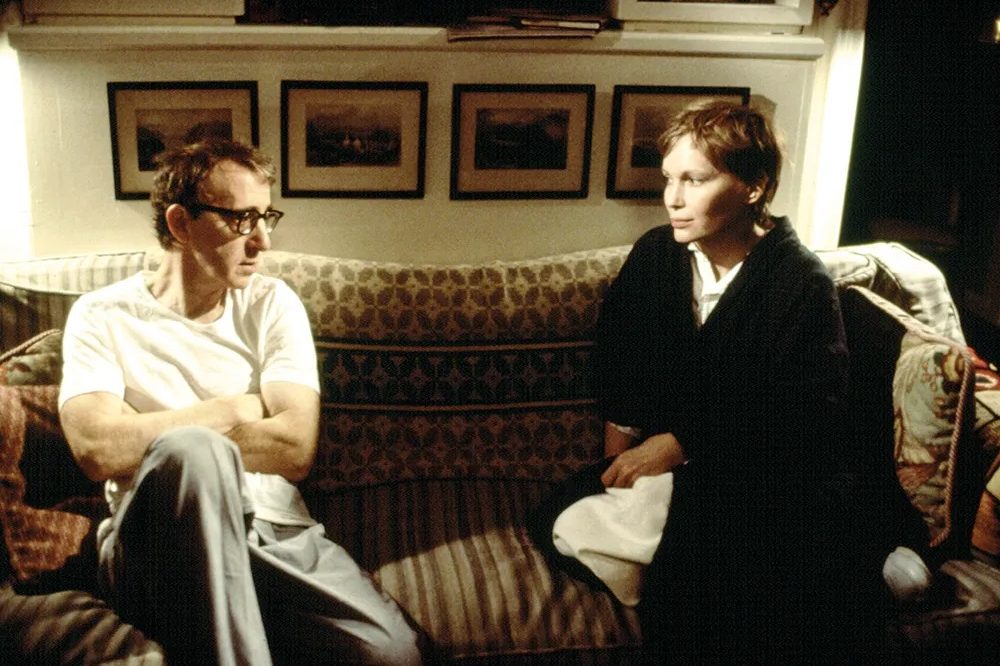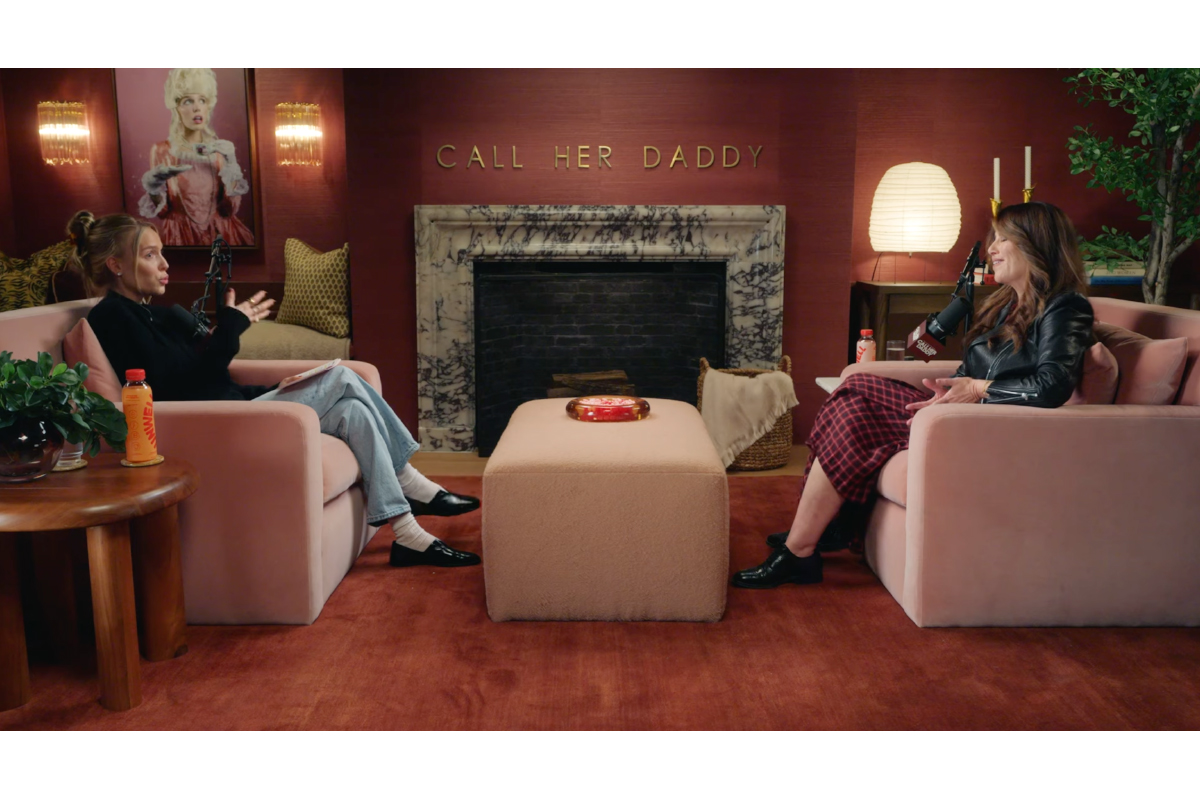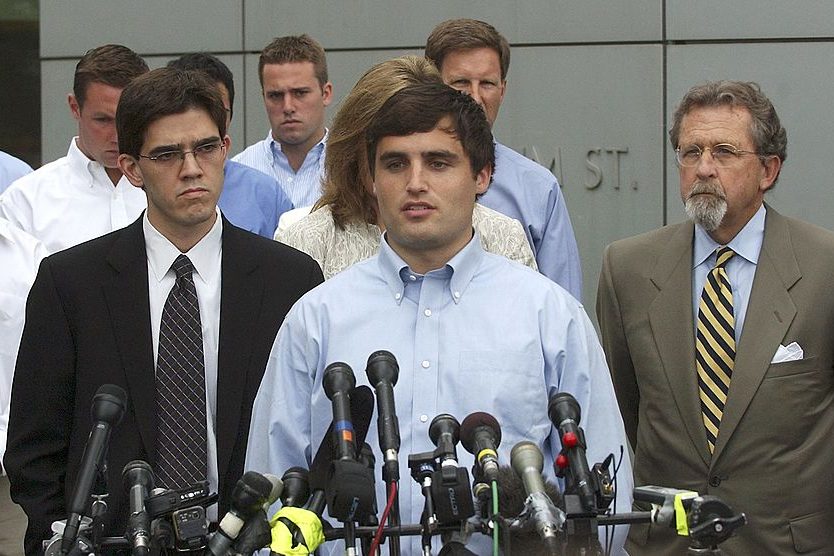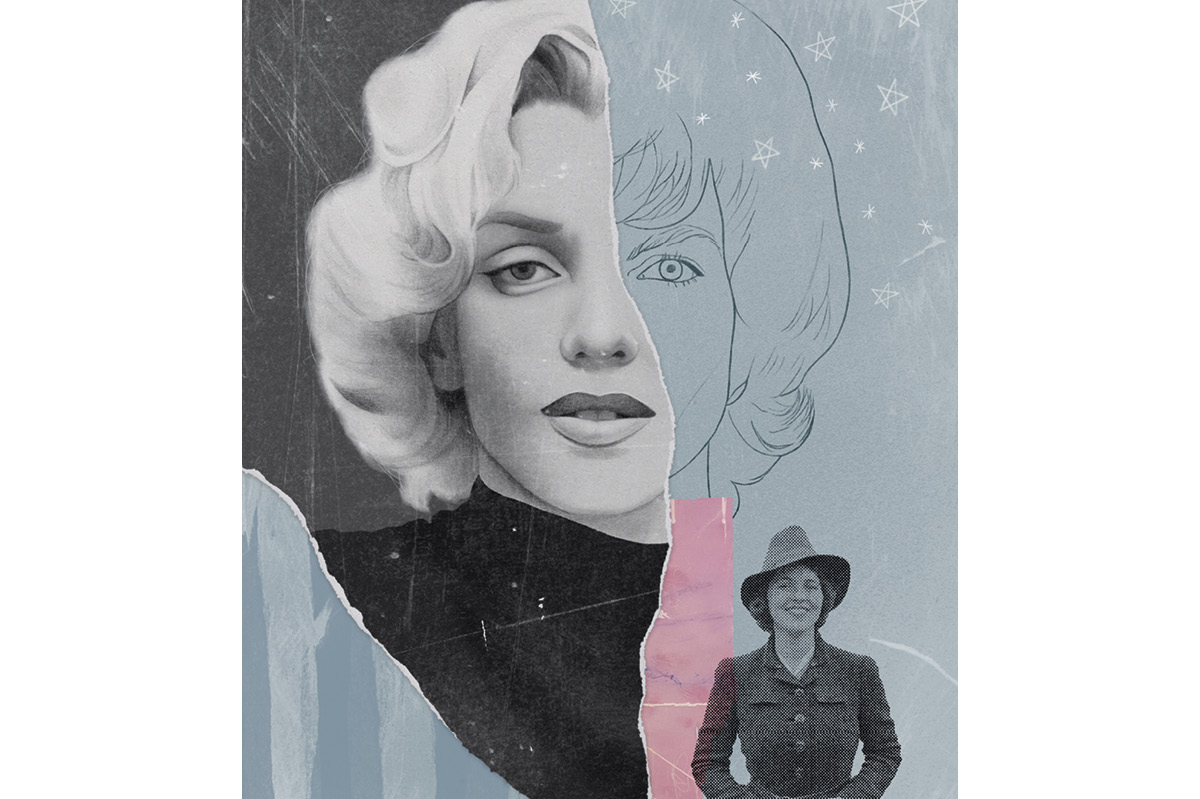Playboy founder Hugh Hefner, who died in 2017 at the age of ninety-one, is facing renewed allegations of sexual misconduct thanks to the new A&E documentary Secrets of Playboy.
Former Playmates said they were subjected to cult-like conditions at the Playboy Mansion. Hefner reportedly plied them with drugs and alcohol to get them to participate in wild sexual activities, and threatened them with revenge porn if they ever tried to leave the mansion.
“I watched him, I watched his game. And I watched a lot of girls go through [the Playboy Mansion] gates looking farm-fresh, and leaving looking tired and haggard,” former Hef girlfriend Sondra Theodore told the New York Post.
How anyone could be surprised by this is beyond me. Journalists lamented that Hefner was not the godlike champion of women’s empowerment that they believed him to be. Excuse me? Did people really believe that a man who made a fortune off of convincing young women to pose nude and engaging in transactional sexual relationships cared about women’s wellbeing?
Secrets of Playboy director Alexandra Dean asserted, “our ideas of emancipated womanhood, sexuality and sexual freedom are all wrapped up with Playboy. But is a man like Hugh Hefner fit to define that?”
“As much as Hefner advanced the idea of Playboy empowering women, the stories about misconduct being overlooked, and bunnies being regularly weighed and reprimanded if they put on even a few pounds, don’t fit that part of the narrative,” a CNN article about the new allegations stated.
The Washington Post similarly reported that the documentary “grapples with Hugh Hefner’s legacy.”
Even Playboy tried to tap into this nostalgic view of the brand to wriggle out of criticism for Hefner’s behavior, writing in an open letter, “As a brand with sex positivity at its core, we believe safety, security and accountability are paramount, and anything less is inexcusable.”
These perspectives are a masterclass in missing the point. Revelations of misconduct at the Playboy Mansion should not lead to a #MeToo boxing match between the Playmates and Hugh Hefner, but to an examination of the fundamentally exploitative nature of the pornography industry. The media, it seems, is making this about one bad guy because they don’t want to talk about the harm companies like Playboy caused women by promoting the lie that transactional sex and sexual promiscuity are tools of empowerment.
The truth is that selling sex doesn’t free women; it perpetuates their objectification. Attaching a monetary value to women’s nude bodies and the sexual acts they are willing to perform tricks consumers into thinking that any act, no matter how depraved, is on the table. For the right price, at first. Eventually, for free.
Studies have found that 90 percent of pornographic content “contained physical aggression, principally spanking, gagging and slapping.” Pornography is also linked to a rise in human trafficking and domestic violence or “partnership abuse.”
“Social norms promoted by books, movies, music, and videos — and SEM forms of each of these — have both recursive and non-recursive impacts on how people treat one another,” Emily Rothman, an associate professor in the Department of Community Health Sciences at Boston University, wrote in 2015.
Take the case of male pornstar James Deen, who was accused at the height of the #MeToo movement of abusing his female costars during shoots. Deen defended his actions by noting that pornography naturally blurs lines of consent:
Our sex is still sex. The consent is still the same. There is just a different level of understanding. …You don’t get to do whatever you want but at the same time you need to accept a certain level of sexual interaction with almost everyone you encounter on set, until you express that you do not desire it.
Deen’s views on sex may be reprehensible to the average person, but just like Hefner, they are a product of the environment in which he operates.
This also means that, to a certain extent, we cannot assign excessive victimhood to the women who choose to participate in this system. We can certainly condemn the terrible things that happened to them, but we must also be careful not to deny them agency.
One Playmate, for example, complained that she was “underage” when she was given a glass of champagne at a Playboy Mansion party. The woman was nineteen, too young to legally consume alcohol but old enough to be accountable for her actions. Holly Madison, Hefner’s longtime girlfriend, was even older — twenty-one — when she moved into the mansion. These women are adults. Again, we can be sympathetic that these women were taken advantage of by an older man. However they were capable of understanding the potential consequences of their career choices.
In order to properly reckon with the awful way the Playmates were treated, we have to go beyond Hefner. It is our society’s radical acceptance of pornography and justification of its excesses that is the real villain here.



